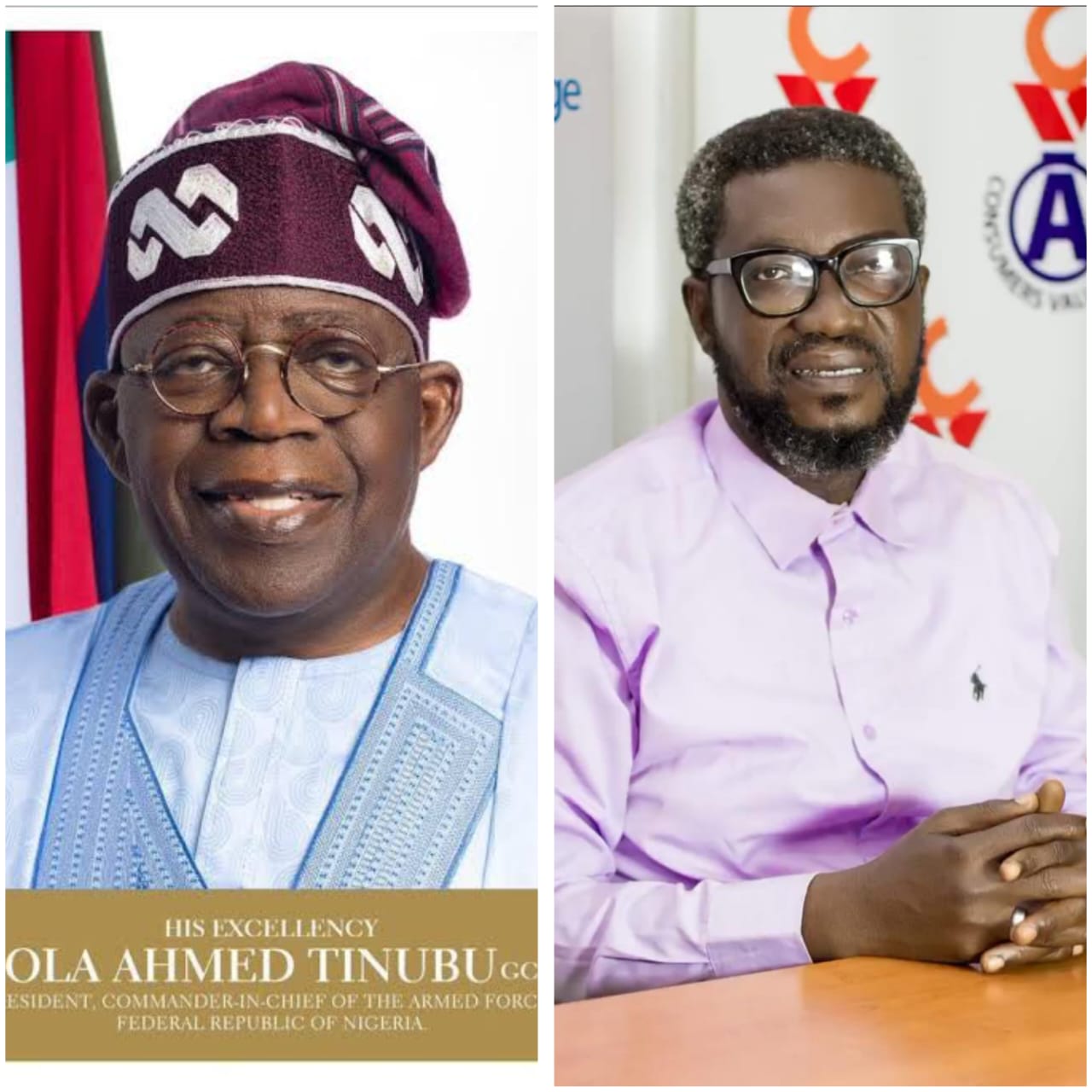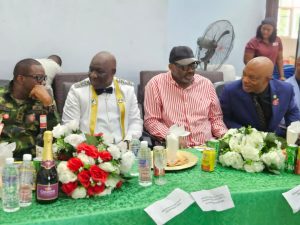Leadership Lessons From President Tinubu – Ojepe
3 min read
Leadership Lessons From President Tinubu – Ojepe
By Naomisophyblog
🌿 Ruzu Non-Alcoholic Herbal Bitters
Ruzu Non-Alcoholic Herbal Bitters is a natural health supplement specially formulated to:
- ✅ Promote general wellness
- ✅ Detoxify the body
- ✅ Support the treatment of various ailments
Made from a powerful blend of 100% organic and medicinal herbs, Ruzu is completely alcohol-free, making it ideal for:
- 👪 All age groups
- 🌱 Health-conscious individuals
- 🌿 Anyone seeking non-alcoholic herbal remedies
Whether you're looking to boost your vitality, cleanse your system, or support healing the natural way, Ruzu Bitters offers a trusted herbal solution.
Ojepe, a Publisher, Public Project consultant and chieftain of the All Progressive Congres Party, APC writes;
President Bola Ahmed Tinubu was sworn into office as the 16th President of Nigeria in a democracy that has not been interrupted in the last 25 years.
His emergence combined many factors to secure his victory at the polls. Permit me to make a listing of this reasons and the lessons we can draw from his unprecedented achievements:
* Track record: Tinubu’s achievements as Governor of Lagos State, such as transforming the state’s economy and infrastructure, impressed many Nigerians.
* Economic vision: His promise to replicate his economic successes at the national level resonated with those seeking economic growth and prosperity.
* Leadership experience: Tinubu’s extensive political experience, including his role as a senator and governor, made him appear capable of leading the country effectively.
* Political bridge-building: His ability to form alliances and unite different political groups and interests appealed to those seeking a united and stable Nigeria.
* Progressive policies: Tinubu’s support for progressive causes, such as education and healthcare reform, attracted voters seeking a more developed and equitable society.
* Charisma and charm: His persuasive oratory skills and personal charm helped win over many Nigerians.
* Perceived strong leadership: Some voters saw Tinubu as a strong leader who could tackle corruption, insecurity, and other challenges facing the nation.
* Party loyalty: Many voters supported Tinubu due to their loyalty to the All Progressives Congress (APC) party.
It is exactly a year since he assumed office. Obviously, one would expect that the journey hasn’t been smooth, putting into consideration the state of the nation before he took oath of office. The many struggles of the 16th President are;
– Liberalizing the economy: Despite the success of his political agenda, Tinubu faced economic challenges, such as high unemployment, inflation, and widespread insecurity.
– Removing fuel subsidies: The decision to remove fuel subsidy was met with resistance from the Nigeria Labour Congress (NLC), who called for a two-day warning strike.
– Dealing with opposition: Tinubu faced legal challenges from his political opponents, who filed multiple court petitions seeking to invalidate the election.
– Insecurity in Nigeria: Tinubu has been criticized for his inability to address the insecurity in the country.
– ECOWAS workload: As the new chair of the Economic Community of West African States (ECOWAS), Tinubu faced criticism for his handling of the crisis in Niger.
Gladly, the ship of the nation is very much on course, weathering the storms and ably cruising to the envisioned destination of prosperity as promised by President Tinubu during the electioneering campaign.
Conclusively, I wouldn’t have done justice to this submission without making a mention of the lessons I have learnt from the exemplary leadership attributes of President Bola Ahmed Tinubu
* Leadership: Tinubu’s ability to navigate complex political situations and build alliances has demonstrated strong leadership skills.
* Economic reform: His efforts to liberalize the economy and remove fuel subsidies show a commitment to economic reform, despite challenges.
* Resilience: Tinubu has faced legal challenges and opposition but remains resilient and focused on his agenda.
* Regional cooperation: His role as ECOWAS chair highlights the importance of regional cooperation and diplomacy in addressing shared challenges.
* Adaptability: Tinubu has adapted to changing circumstances, such as the economic impact of the COVID-19 pandemic.
* Vision: His commitment to infrastructure development and economic growth demonstrates a clear vision for Nigeria’s future.
* Perseverance: Despite facing obstacles, Tinubu continues to work towards his goals, demonstrating perseverance and determination.







